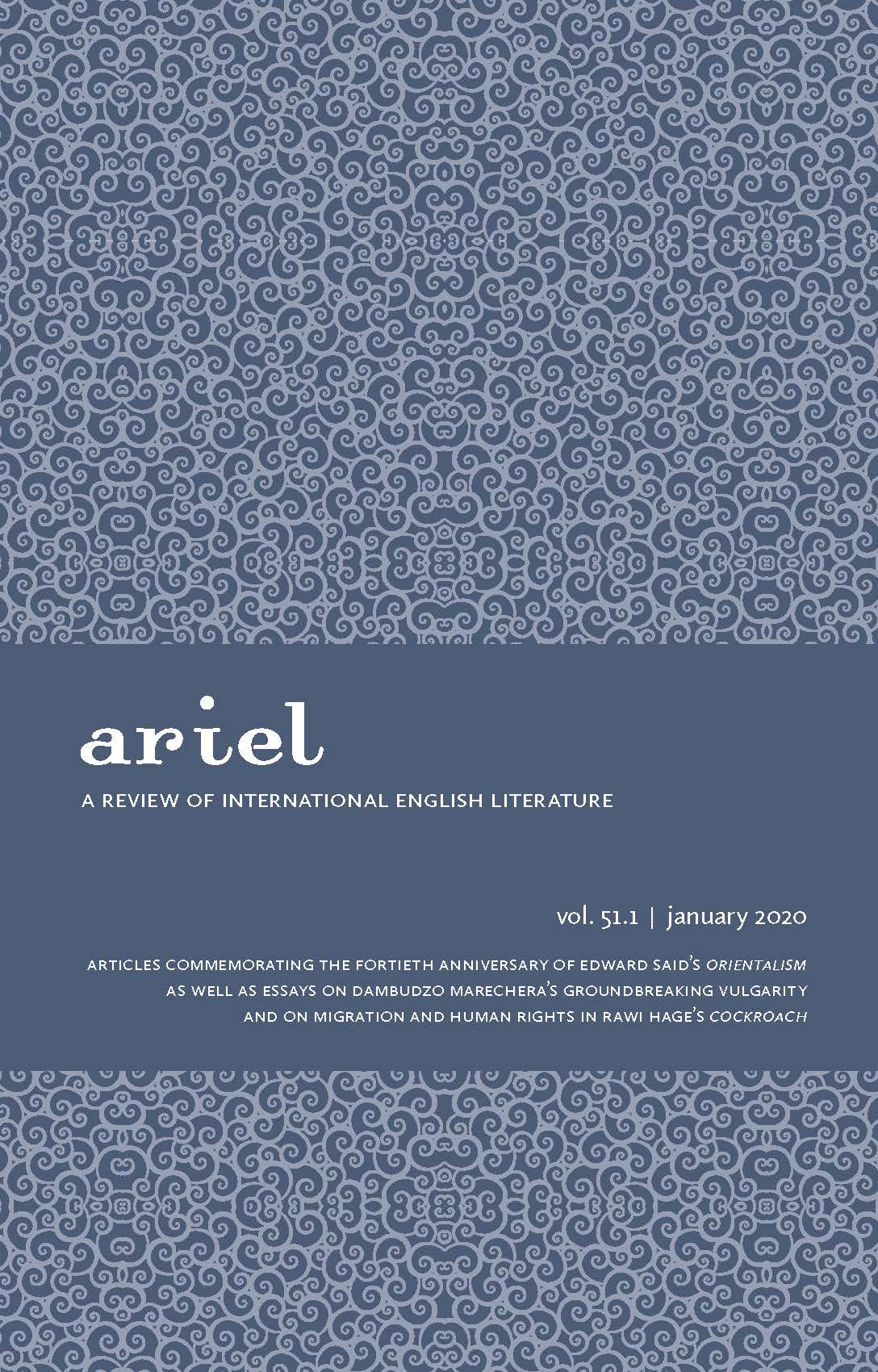“The Finest Men We Have Ever Seen”: Reading Jefferson’s Osage Encounters through Orientalism
Abstract
In 1804, a delegation of Osages traveled to Washington, DC to meet with President Thomas Jefferson. After their meeting, Jefferson remarked in a letter that Osages were “the finest men we have ever seen.” Using Jefferson’s comment as a starting point, this essay engages Edward Said’s Orientalism as a way of reconsidering how to account for the colonial context in interpreting a moment like this one. Rather than pointing to anything intrinsic about the Osages that might have prompted Jefferson’s remarks, the analysis here focuses on the tri-racial history of Virginia, the home state of not just Jefferson, but of his cousins Lewis and Clark, as well. Far from paying tribute to Osage greatness, Jefferson’s comment sets the stage for Osage dispossession and the importation into the Mississippi West of slavery and the racial capitalist system that made it possible, linking Jefferson’s comment to contemporary manifestations of resistance against this Jeffersonian inheritance, including the Movement for Black Lives, the movement to defend the Missouri River against the Dakota Access Pipeline, those who organized against the Unite the Right white supremacist rally in Charlottesville, Virginia in August, 2017, and others.


